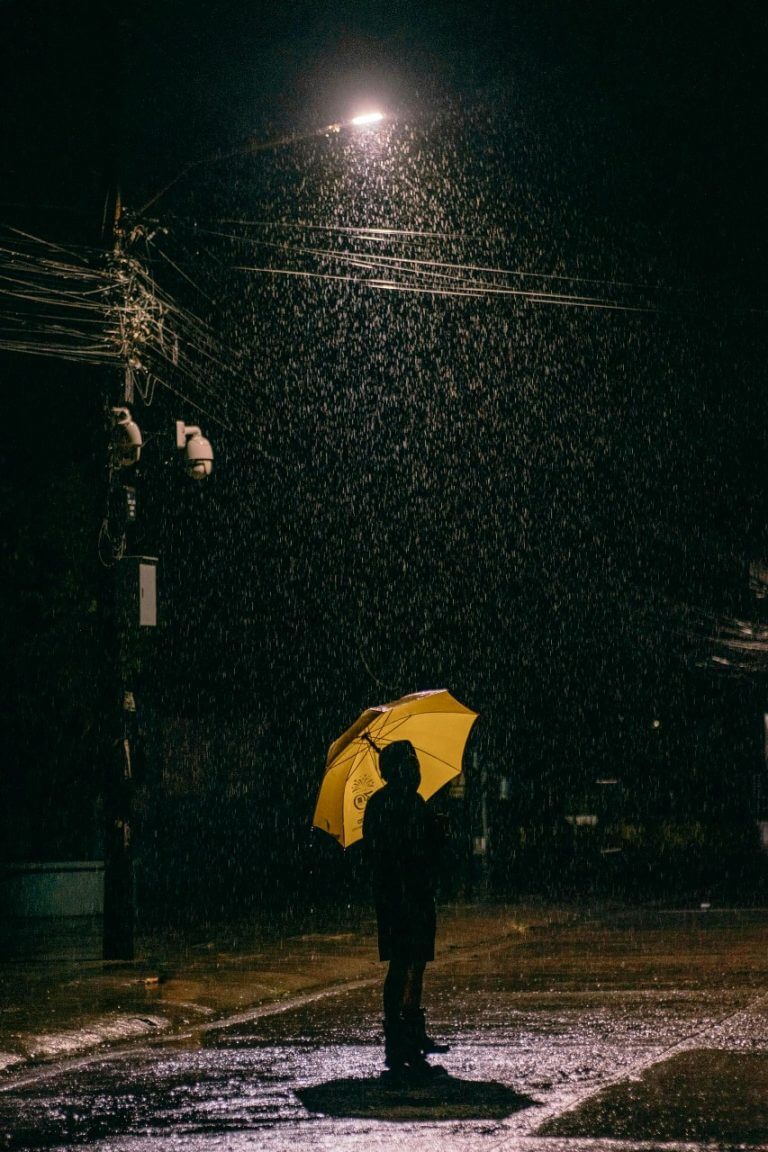Too sensitive
“You are too sensitive”
If you have ever heard this or ever said this to someone, this article is for you.
Living in a world which tends to value stoicism and diminishes the importance of emotions, has made sensitivity for the longest time to be perceived as “negative”, a “weakness” or something that makes one “less.” This narrative is problematic for many reasons, one of which is that it shifts the blame towards the sensitivity.
What is Sensitivity?
Sensitivity refers to a heightened reaction to external stimuli — be it experiences, other’s emotions and facial expressions, sounds, light, or other changes in the environment. (Nerenberg, 2020) This can also include sensitivity to one’s own emotions and regulation.
It can be influenced by both genetics, being hereditary or/and influenced by the environment around them. Researchers have found that there isn’t a specific gene that can be narrowed down to a person being sensitive, but a combination of genes rather which also interreact with the kind of experiences they have been through in the environment around them, for example through experiencing adverse situations or traumatic events in their life.
For many, it is a personality trait seen prominently since childhood, while some people’s sensitivity can start showing up more actively in their adolescence or adulthood with more and more responsibilities being juggled. Other than a personality trait, sensitivity can also be a part of one’s neurodivergence across autism, Asperger’s, Attention Deficit Hyperactivity Disorder (ADHD), or being a Highly Sensitive Person (HSP).
Sensitive people feel things deeply, from a movie to a piece of art or someone’s story. They are moved more easily by things in their environment than others in comparison. Sensitivity can also be reflected in the ability to grasp the subtle details with more ease such as others’ facial expressions or gestures and tones.
Narrative of Sensitivity being a “weakness”
I have grown up, as many others have, internalizing the belief that it is our sensitivity which is the problem and not the behaviour around us which triggered the feelings. As a result, accountability as a concept gets completely zapped out of the equation and instead shifts to blame, which is always a dead end with no way forward.
Earlier and even now, sensitive people have been looked at as “too much”; as too much work, too much effort or just too much to handle. This can make one feel that they need to be less, subtracting parts of them to fit into the boxes labelled “convenient” for others, and can you guess which parts of them get erased?
The parts of them that used to feel things deeply.
What happens when parts of society, or people that were earlier able to make people feel moved and be moved are erased? What disappears as a result?
How Sensitivity can be a Blessing
It is a gift; a gift given to a few people who are able to hold space for many layers of complexities, letting them coexist without feeling the need to reduce them to a simple understanding of the world around them. It is this vastness which continues to make the world expand.
Some things that sensitivity can bring to the table-
- Creativity
Sensitive folks have a rich inner landscape, and can come up with innovative and groundbreaking ideas. - Connection and deeper bonds
Have you heard of the saying — “People can only meet you as deeply as they have met themselves.” (quote by Matt Kahn)
It comes naturally to them to be attuned to their own feelings in all its depth with and hence others’ feelings. This can let them forge connection in resonance with others.
- Better decision making
Being in sync with their self emotionally and physically can make them paint a more holistic understanding of a situation, making them to be good at making decisions. - Leadership skill
Leveraging their empathy, a sensitive person can be a great team player by taking into account others’ feelings. Their ability to pick up subtle details and pay attention to them can aid them in being good leaders.
Octavia Butler in her book, Parable of the Sower, set in Dystopian times writes about a protagonist with Hyperempathy; the character mentions that “if everyone could feel everyone else’s pain, who would torture? Who would cause unnecessary pain?”
A common challenge sensitive people experience is feeling overwhelmed in situations which are overstimulating or chaotic, since they also process information with more depth. Research has also found that sensitive children are reported to have more behavioural issues when exposed to “negative parenting,” which again brings me to back to my point of accountability towards the actual issue and not blaming the response to it.
In contradiction to the common narrative of seeing sensitivity as a weakness or negative, Sensitivity is a trait which can be nurtured to grow into multitudes of strengths and ultimately, better mental health. Rather than suppressing your sensitivity, seek to understand what you need to make it bloom and letting it take up space to be the strength it is.
References
Nerenberg, J. (2020). Divergent Mind. New York: Harper Collins .
https://www.verywellmind.com/highly-sensitive-persons-traits-that-create-more-stress-4126393





